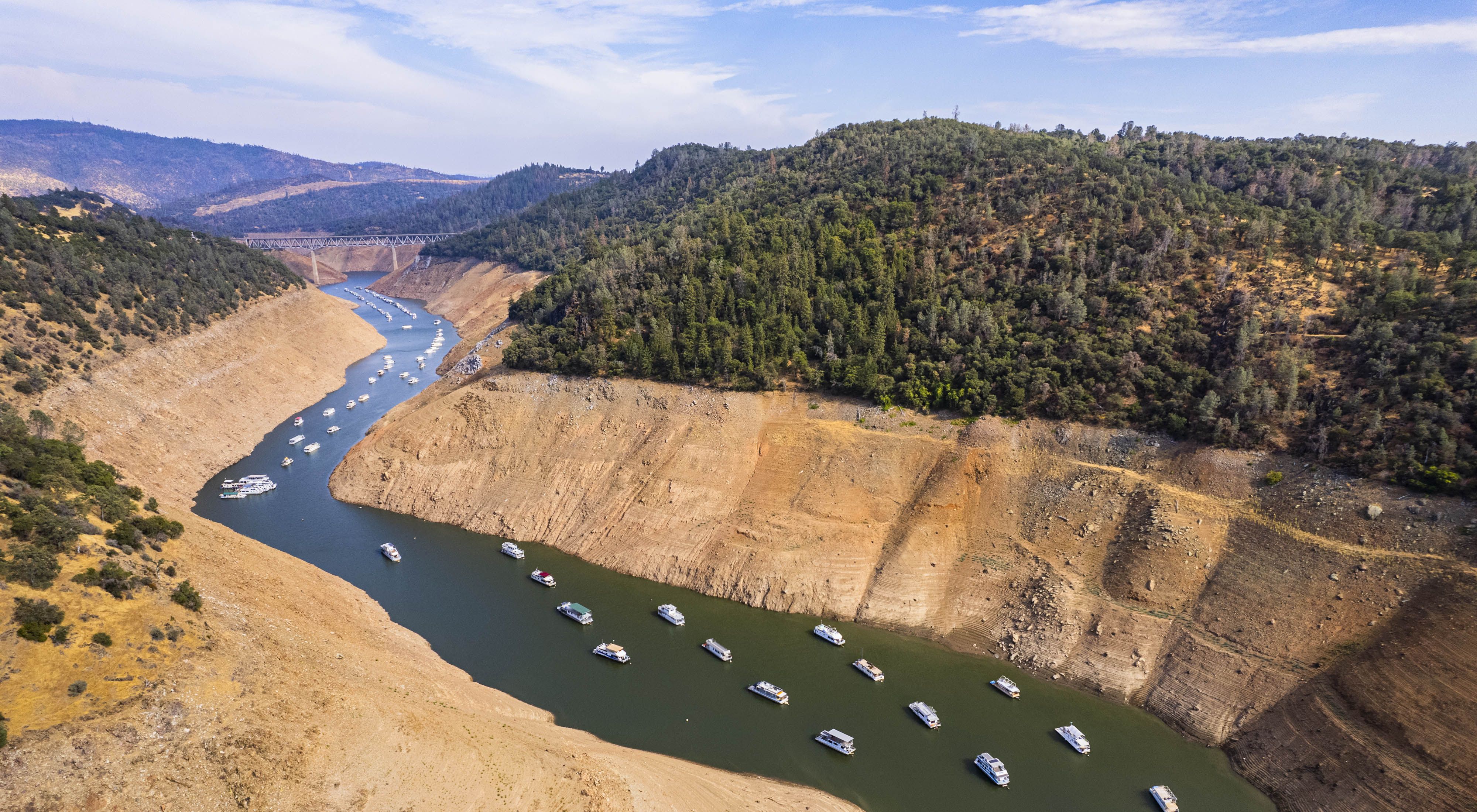Media Contacts
-
Ciaran Clayton
Email: ciaran.clayton@tnc.org
The U.S. Supreme Court ruled today in West Virginia v. EPA to limit the EPA’s options to reduce pollution from power plants, the second-largest source of greenhouse gases in the nation. This will make it harder for the United States to meet its goals in the battle against climate change. The Biden Administration has pledged to reach 100% clean electricity by 2035, and to meet the United States’ goal under the Paris Agreement of reaching 50% economy-wide emissions by 2030.
The Nature Conservancy expressed its concern about the impact of this ruling in a statement from its CEO Jennifer Morris:
“This case may be complex, but the harmful impact of this ruling is easy to understand: It makes it even harder to address the climate crisis at a time when we need to be doing all we can. If the United States, the world’s largest emitter of cumulative greenhouse gas emissions and currently the second-largest annual emitter, can’t meet its own climate goals and show leadership, that could also stifle other efforts to tackle the climate emergency globally. Even as we further analyze the ruling, we know a few things are true.
“First, science says we must act urgently to address the climate crisis, as reinforced by the latest reports from the Intergovernmental Panel on Climate Change. Removing tools to act and making the fight more of a challenge when we have no time to lose is the wrong way to go.
“Second, we have solutions available if we’re willing to act on them. We support sensible, science-based approaches to significantly reduce climate emissions and remove carbon that’s already in the atmosphere, such as transitioning to clean energy, protecting natural habitats and carefully managing farmland and forests.
“Third, this is all the more reason for Congress to take action on climate this year. Congress should approve the clean energy tax credits, investments in natural climate solutions and other climate provisions under consideration. Only through bold and meaningful action can we meet our goals and protect the most vulnerable communities from the worst climate impacts. We need the skills of experts in our federal agencies in addition to the work of Congress – and governments at all levels – pulling in the same direction in order to address the urgent global climate crisis.”
The Nature Conservancy is a global conservation organization dedicated to conserving the lands and waters on which all life depends. Guided by science, we create innovative, on-the-ground solutions to our world’s toughest challenges so that nature and people can thrive together. We are tackling climate change, conserving lands, waters and oceans at an unprecedented scale, providing food and water sustainably and helping make cities more sustainable. Working in more than 70 countries and territories, we use a collaborative approach that engages local communities, governments, the private sector, and other partners. To learn more, visit nature.org or follow @nature_press on Twitter.
